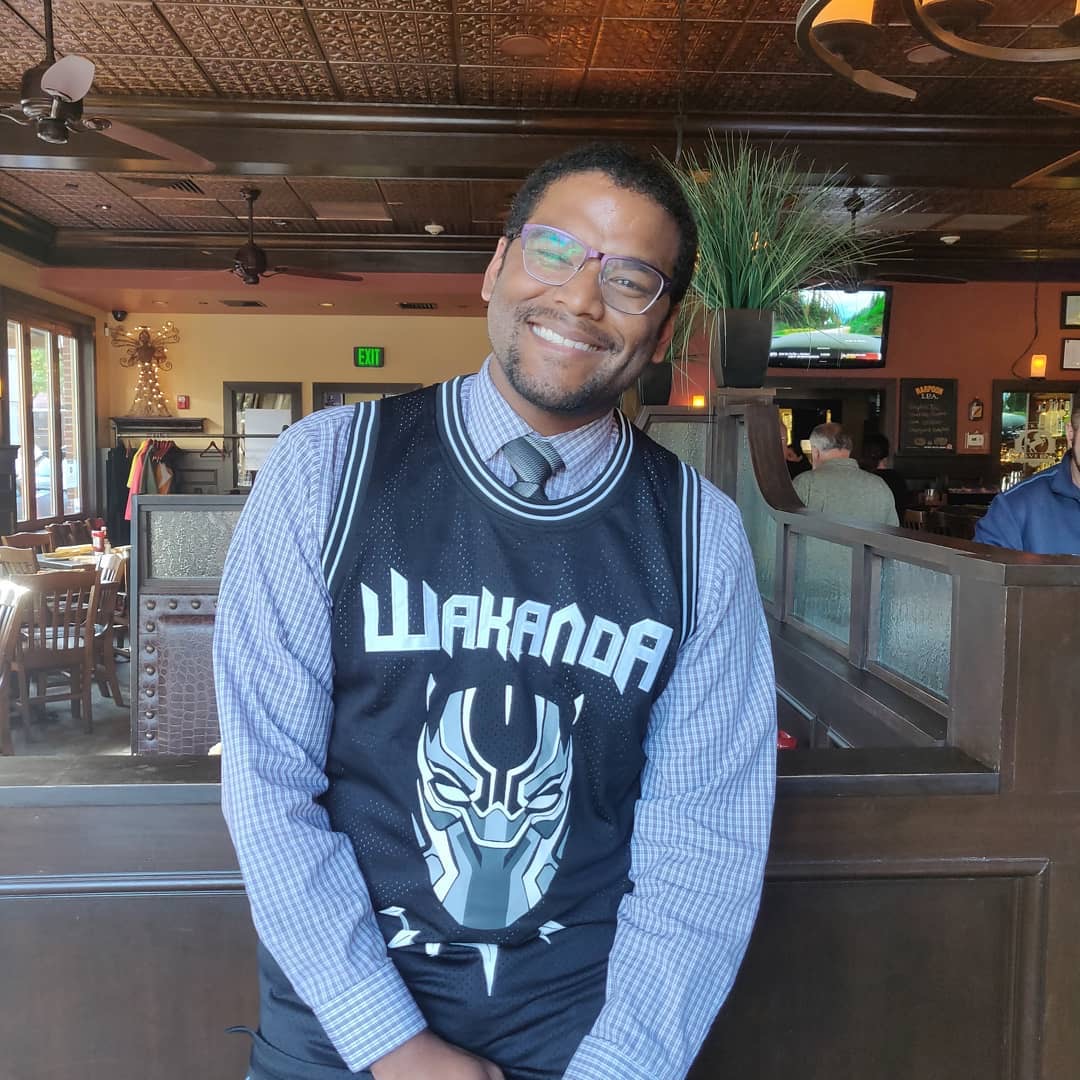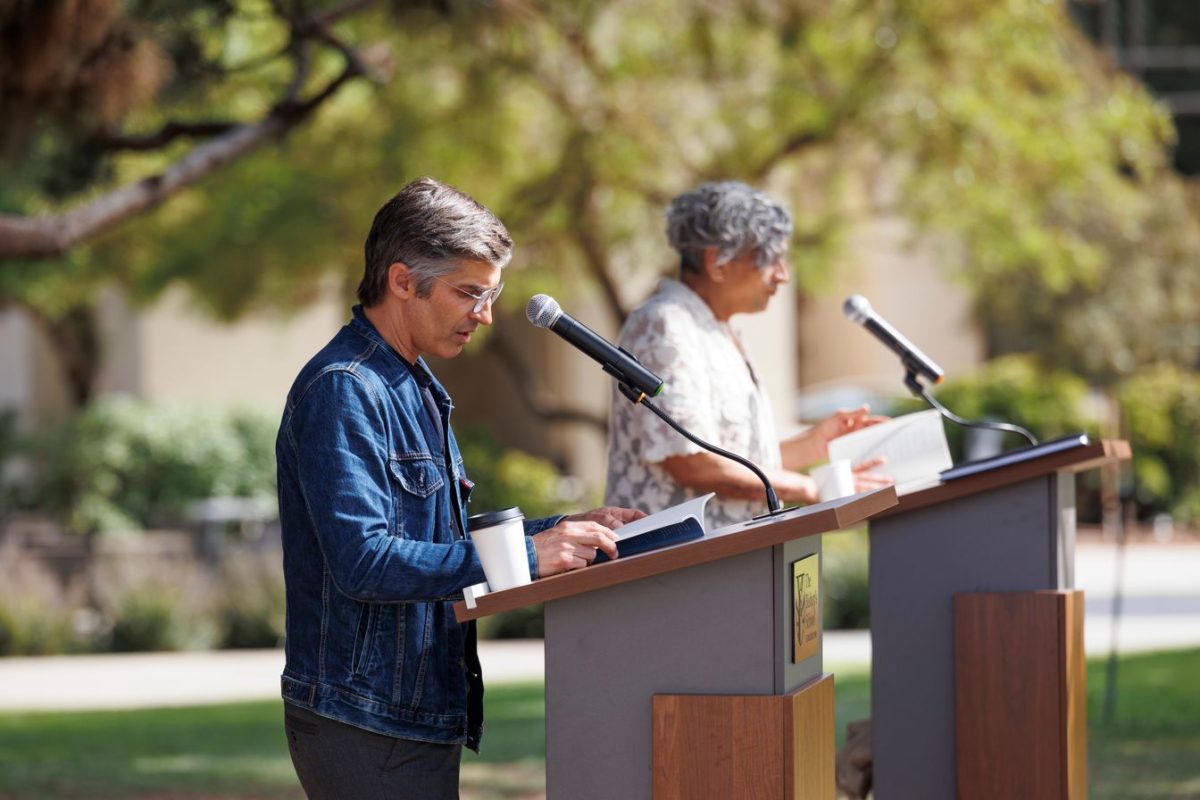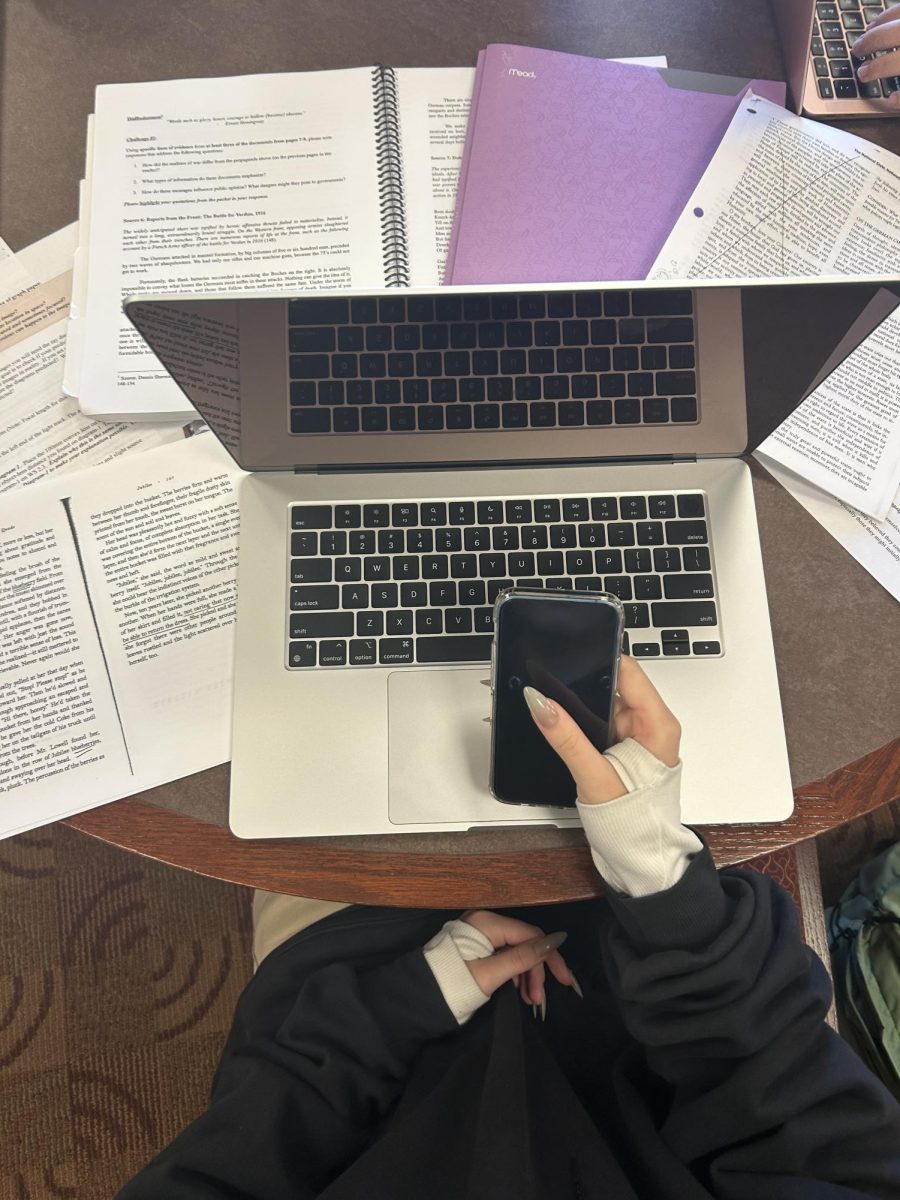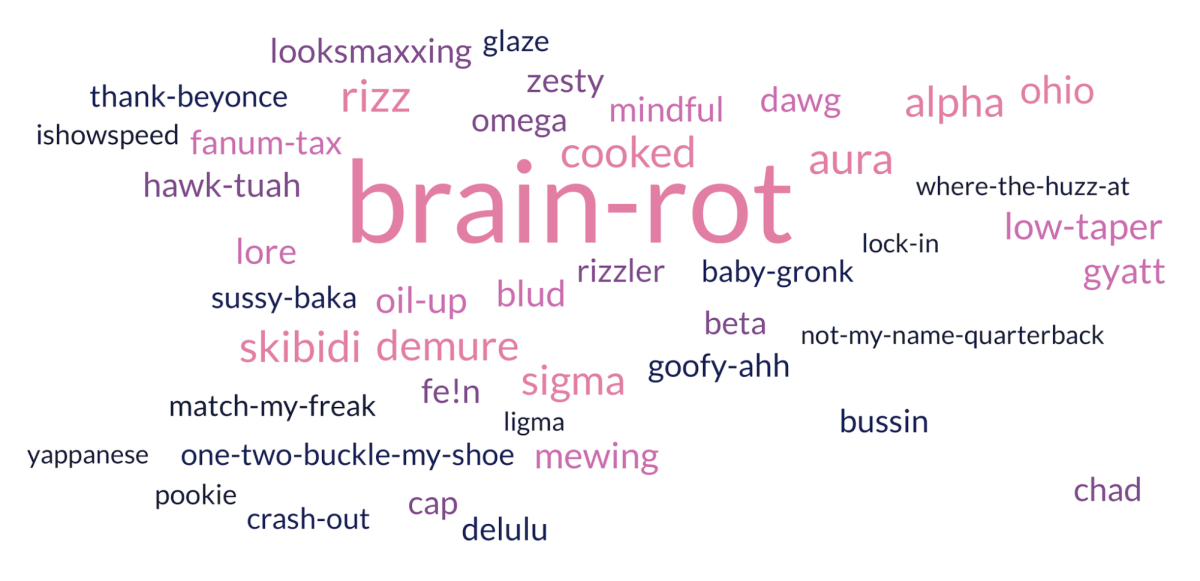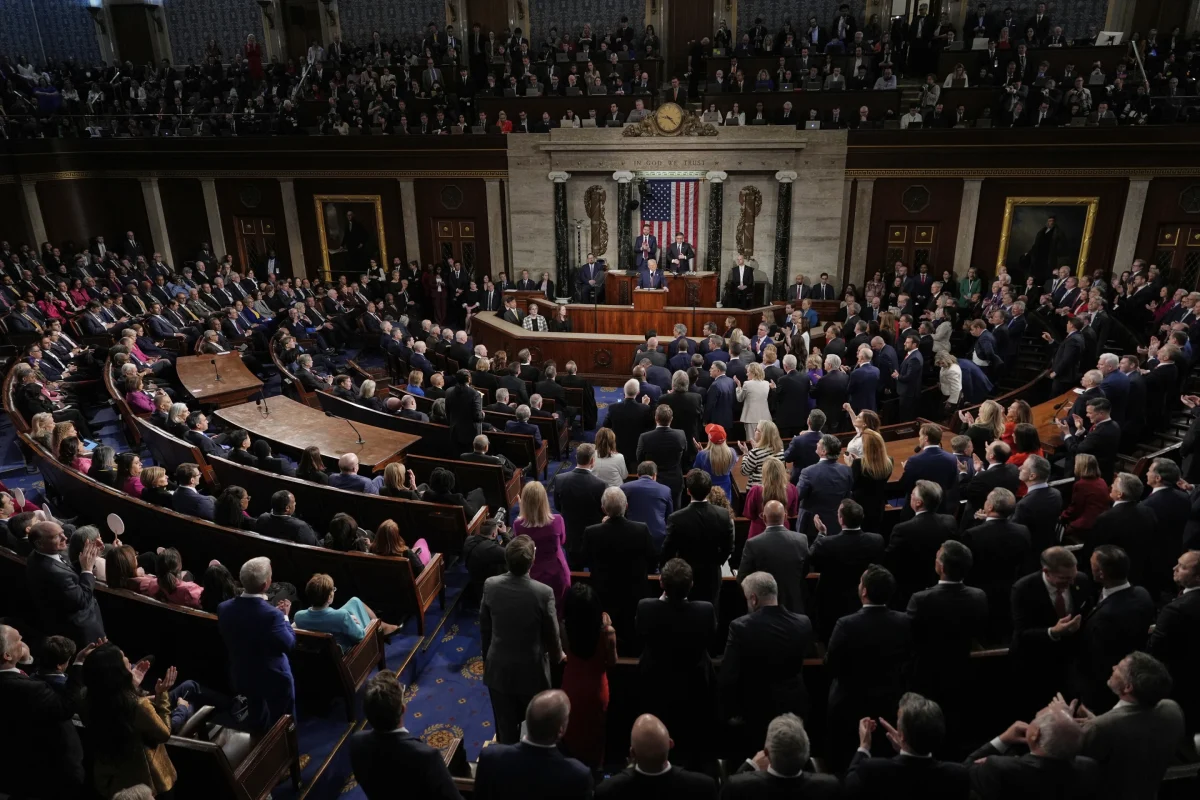“I don’t want to get canceled, but…” This singular phrase often acts as a safety net before a controversial opinion is said. It also demonstrates a fear of social ostracization.
In a country where free speech is a guaranteed right, this fear causes students to withhold their opinions, which could then stymie thoughtful discussions on polarizing topics like gender and sexuality, politics, and race.
According to Dictionary.com, cancel culture “is generally discussed as being performed on social media in the form of group shaming.” Yet, as Pew Research Center reported, “There are plenty of debates over what it is and what it means, including whether it’s a way to hold people accountable, or a tactic to punish others unjustly, or a mix of both. And some argue that cancel culture doesn’t even exist.”
While people generally have different opinions on the specific definition of cancel culture, unmistakably, it has to do with social ostracization. Daily Urinal (D.U.) Editor Gerard Blake (‘24) defined cancel culture from a teen’s perspective broadly as “A mass and/or a mob of people [telling an] individual that they’re no longer a part of the group.” He said this could happen anywhere: both online and on campus.
While seemingly effective in the moment, “Cancel culture is not as productive in the long run and I think that it hinders dialogue and critical thinking at times…and I don’t think it allows for education and forgiveness,” Director of Diversity, Equity, Inclusion, and Justice (DEIJ) Ms. Valissa Thomas said. “It will eventually hinder your growth if you are so fearful of being canceled.”
Yet, Gerard doesn’t think peers can effectively “cancel” each other. “As a guy who’s not very PC [politically correct], I have never been canceled by my group of friends, my class, or anywhere practically,” he said. So if Gerard claims he’s never been canceled regardless of his opinions, what’s holding other people back from voicing their opinions?
It’s not specifically cancel culture that’s the problem; it’s when celebrity cancel culture on social media generates fear of that same social ostracization in personal and educational discussions — causing students to stop sharing their opinions.
“When you see the process of [celebrities] being canceled, you can see that their careers are impacted. Maybe they’re removed from opportunities,” Ms. Thomas said. “So I think those are examples or maybe a blueprint for what could happen to someone who isn’t a celebrity.”
When celebrities use hate speech, there is a clear reason for removing them from their platforms. However, the justification for cancellation becomes less clear when celebrities are canceled for voicing opinions that are not outright hate speech — often addressing political, gender and sexuality, or other controversial topics.
The Chicks, formerly known as the Dixie Chicks, were canceled in 2003 after singer Natalie Maines denounced former-President George W. Bush, saying to fans during a concert “Just so you know, we’re on the good side with y’all. We do not want this war, this violence. And we’re ashamed the President of the United States is from Texas.” Thereafter, people demanded their songs to be removed from country radio stations and boycotted their albums, damaging the band’s reputation and career.
Famous actor Richard Gere, who is also a practicing Tibetan Buddihist, was banned from the Oscars for 20 years because he spoke out against China’s treatment of Tibetan monks while presenting an award. According to Mirror.co.uk, he claimed that he lost acting jobs because of the comments he made in the 1993 Oscars.
Although these examples are older, the patterns are the same: celebrities suffering consequences for voicing opinions on topics that were hotly debated; after seeing these cancellations, people, especially those with similar opinions, could feel less willing — and even fearful — to share their opinions.
Speech and debate coach and history teacher Mr. Matthew Valji believes that this fear has existed for centuries. “Free speech in our country does not mean free speech without reputational damage,” Mr. Valji said, “It is all in our minds. When someone says something publicly or in private, it can affect our evaluation of them and a collective evaluation of them is reputation.”
Another D.U. Editor Momo Yang (‘24) said, “A lot of people are hesitant to write in the D.U. because you get that very real response from your peers rather than comments or replies on the internet.” As Mr. Valji noted, this is exactly what concern for one’s reputation looks like.
Jayla Stafford (‘25) is a co-founder, along with Reagan Kliber (‘24), of the Bishop’s Young Conservatives Club. She and Reagan started the club because they felt there wasn’t a space for politically right-leaning students to openly express their opinions on campus. Prior to starting the club, Jayla said that she was “cautious to share her opinions” because she feared she would be looked down upon.
From forming the club, Jayla discovered that “There are a lot of ‘quiet conservatives,’ a lot of people who don’t speak up about their opinions on campus…there’s a lot more than we thought.” For example, as both a conservative and Christian, Jayla felt she couldn’t express her pro-life stance on abortion. “Having that opinion…in a very liberal community, makes it hard to express what you think,” she said, “ [It] was very hard [to express my opinions] as I know a lot of people who disagree with me.”
Due to cancel culture, Jayla has felt fear that her ideas, like her stance on abortion, may be less valued. “There’s just this constant idea that you can’t speak your mind. It’s really hard for people to state what they want to, thinking that someone might judge you,” she said.
“The problem with the fear of being canceled is that there are many people who are not comfortable being their authentic selves,” Mr. Valji said. The discussions restricted by this fear can “invoke a loss of self-identity,” Jayla expressed.
On the other hand, cancel culture has been productive in the sense that it removes objectively offensive and derogatory views that could harm another individual. Kanye West, Joe Rogan, and Bette Midler were just some of the celebrities recently canceled for voicing derogatory opinions online.
People who were used to expressing derogatory and hurtful views are now “getting pushback on it and they’re saying they’re being canceled, when, no, they’re just being held accountable for what they’re saying,” Mr. Valji said. Ms. Thomas said that cancel culture has also created more intentionality in people. “It creates more awareness for people to think about what their values are and what they say. And I think it creates more accountability. I think to be more aware, more intentional, and to know there are accountability systems creates a different dynamic,” she said.
However, being mindful of our words can easily cross into the region of not saying anything at all, which can damage the quality of discussion. In the context of DEIJ discussions, Ms. Thomas elaborated on the dangers of the self-censorship Jayla mentioned, “I think people are really nervous to make mistakes or say the wrong thing or to not know what they don’t know, so I think it doesn’t allow people to step into vulnerability,” she said, “If I step into a room and no one talks, what good does that do?”
As Gerard put it, “[Self-censorship is] forcing people to be nice to each other, which can be good in the sense that it creates a nicer environment generally, but I think for some people it means that their opinion is never going to be challenged, where they’ll view their opinion as their absolute truth.” Mr. Valji confirmed that “there are legitimate political concerns, positions, and discussions that are being drowned out by overly cautious viewpoints, overly cautious members of society.”
Momo observed that in DEIJ, with a less dynamic and engaging conversation comes a more linear conversation. It then affects the behavior of those discussants, erring towards the side of self-censorship. “When the direction in DEIJ is going in one direction, it’s just weird to pull it in the other way,” Momo said, “You want to go with the flow and be part of the group and not say anything that’s like ‘oh, that’s weird.’”
As Mr. Valji put it, it is important to “make sure people are able to express their views because doing otherwise could be problematic for the free marketplace of ideas” or open and honest dialogue. Even further, Ms. Thomas emphasized the importance of not just open, but diverse conversations. “Having an opportunity to listen to a variety of different experiences and perspectives only enhances our dialogue,” she said.
Although Bishop’s has set respectful dialogue practices, and guidelines for discussions in DEIJ or the English classroom, Ms. Thomas hoped that “we move towards…expressing how we feel about certain topics in a way that seeks restorative justice at the end.” By creating a space where mistakes are welcome, discussants can be reassured that they will be heard and respected even if they do say something that others don’t agree with.
So rather than cancel culture itself, fears of all sorts — of pushback, of social ostracization, of saying the wrong thing — demonstrate the larger struggle of open discussion in the climate of socio-political polarization.




